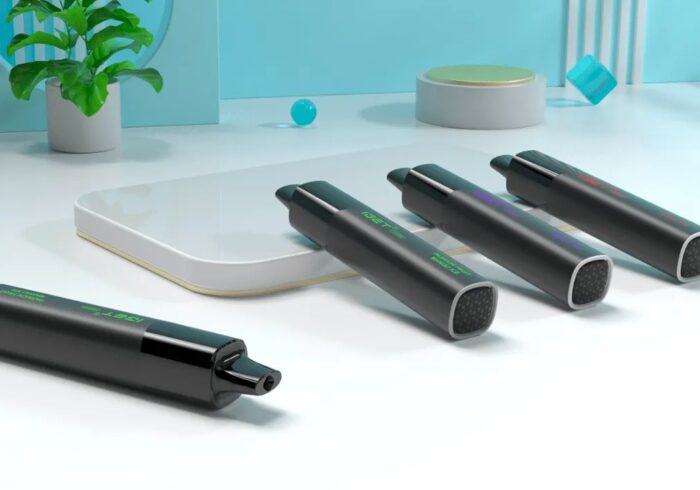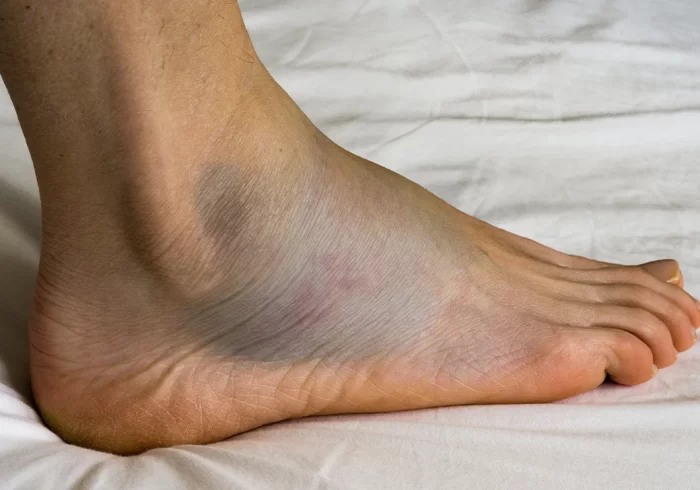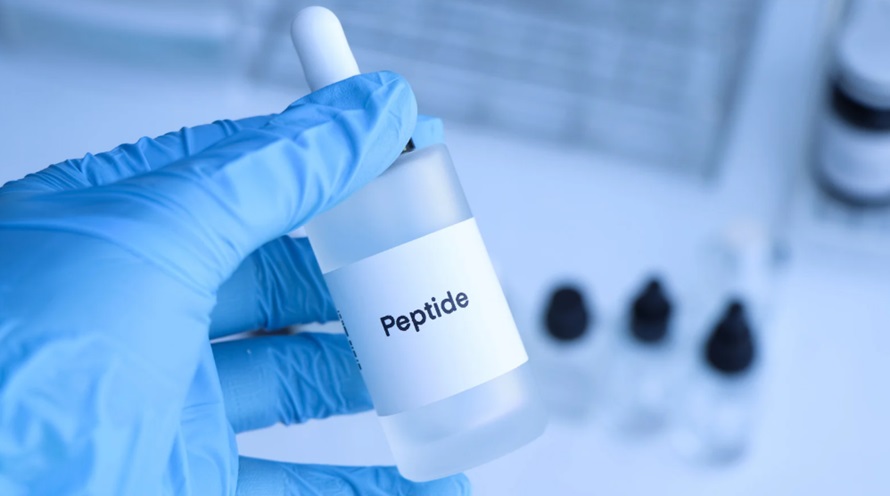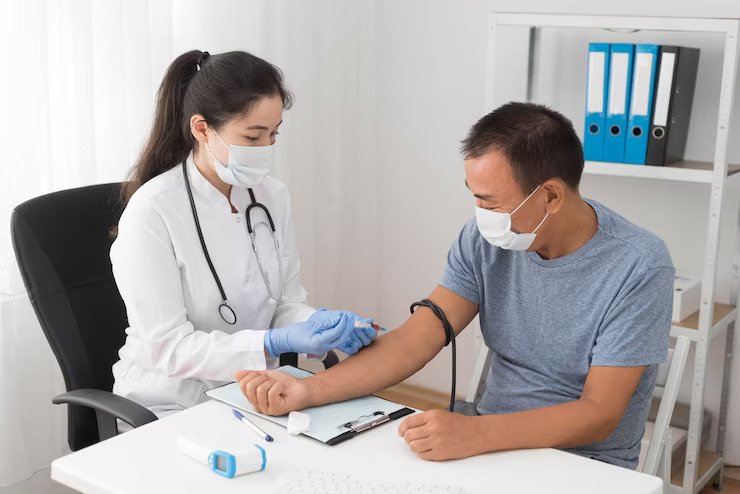Acupuncture has a lot of myths, the main one being it is painful. Acupuncture is a trendy treatment option right now, but the procedure is far from new. While people do not know exactly when or where it started, it has been practiced for over 2,000 years. Even though acupuncture is considered a traditional treatment form, it is not irrelevant and cures problems efficiently.
Acupuncture began to be practiced in the United States in the 1970s, and it has been a favorite to many ever since. However, this ancient treatment method has plenty of misinformation available, due to which many people miss its benefits. Consult with an expert in grimes acupuncture to get the answers to your queries.
Debunking myths about acupuncture
- Acupuncture hurts because it involves needles.
The thought of needles being poked into your skin can be uncomfortable to even think about, but it does not have to be. The needles used in acupuncture are extremely thin and fine, about the size of a cat’s whisker.
Therefore, there is very minimal discomfort or pain associated with the process. Some patients report feeling like a mosquito bite, while others say it feels like being pinched by a baby.
- Acupuncture is not science-based.
Since acupuncture is an ancient and traditional form of treatment, it is a common misconception that it has no science-based relevance. Thousands of studies have been conducted in the past two decades to understand the efficacy of acupuncture.
However, not all of them are valid. Some studies even showed that acupuncture does not work at all. In reality, there is enough scientific evidence of the procedure’s benefits to continue the investigation.
- Acupuncture does not work.
Everyone has different experiences and outcomes from acupuncture, but there have been several instances where people benefited from the procedure. For example, breast cancer patients showed promising results in a research study.
Breast cancer patients often experience joint pain as a side effect, for which they are given medication. In the research, the patients received acupuncture instead of medication and noticed a strong decrease in pain.
- Acupuncture comes in the way of other treatment methods, like physical therapy.
If you are currently undergoing treatment for a health condition and take medication, you may wonder whether acupuncture will interfere with the treatment. The truth is acupuncture can be received alongside other methods. Your doctor can assess your condition and suggest methods that complement your current treatment plan.
For example, if you are on blood thinners, your doctor may caution you beforehand and use smaller, thinner needles to reduce the likelihood of bleeding.








